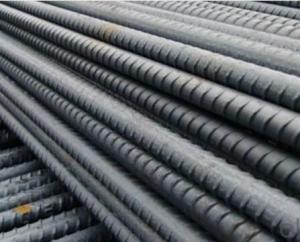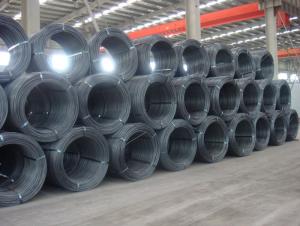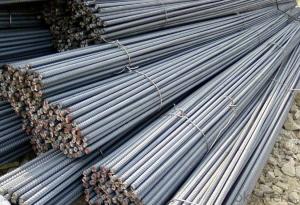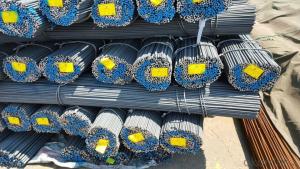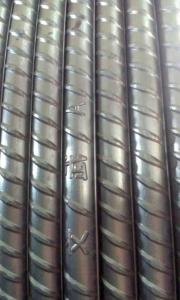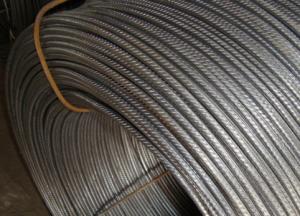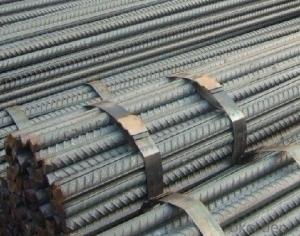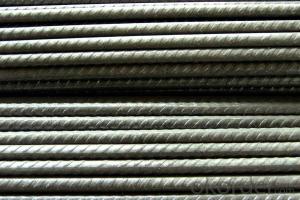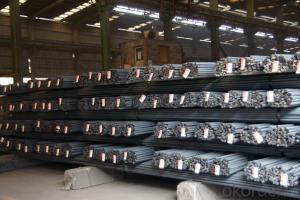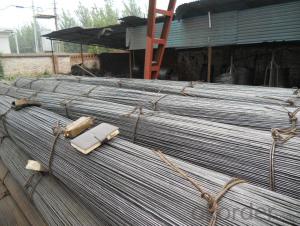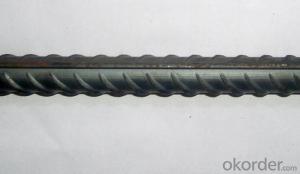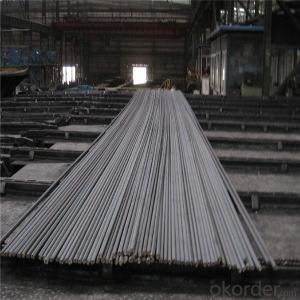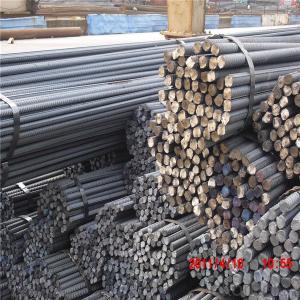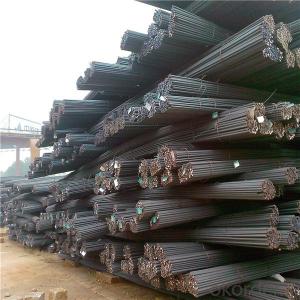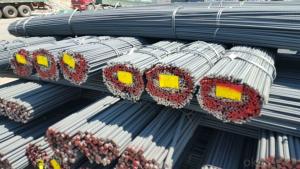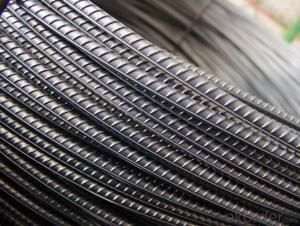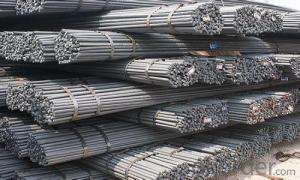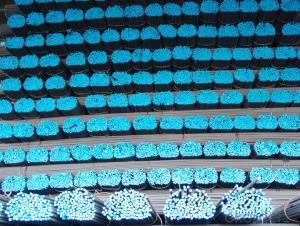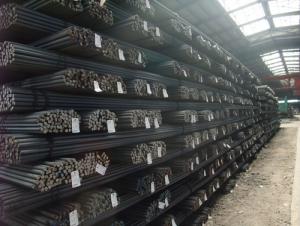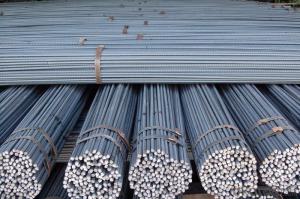All Categories
- - Steel Wire Rod
- - Steel Coils
- - Steel Profiles
- - Steel Pipes
- - Stainless Steel
- - Tinplate
- - Special Steel
- - Steel Sheets
- - Steel Rebars
- - Steel Strips
- - Hot Rolled Steel
- - Cold Rolled Steel
- - Pre-painted Steel
- - Seamless Steel Pipe
- - Welded Steel Pipe
- - Hollow Steel Tubes
- - Galvanized Pipe
- - Stainless Steel Coil
- - Stainless Steel Sheet
- - Stainless Steel Plate
- - Stainless Steel Strips
- - Electrolytic Tinplate Coil
- - Electrolytic Tinplate Sheet
- - Stainless Steel Rebars
- - Solar Panels
- - Solar Water Heater
- - Solar Related Products
- - Solar Inverter
- - Solar Cells
- - Solar Light
- - Solar Energy Systems
- - Solar Controllers
- - Solar Mounting System
- - Solar Pump
- - Solar Chargers
- - Fiberglass Chopped Strand
- - Fiberglass Mesh Cloth
- - Composite Pipes
- - FRP Pultrusion Profiles
- - Fiberglass Mat Tissue
- - Fiberglass Fabrics
- - Fiberglass Mesh
- - Composite Tank
- - Fiberglass Mesh tape
- - Polymer
- - FRP Roofing Panel
- - Fiberglass Roving
- - Monolithic Refractories
- - Ceramic Fiber Products
- - Refractory Bricks
- - Raw Materials For Refractory
- - Suspended Platform
- - Cranes
- - Concrete Machinery
- - Earthmoving Machinery
- - Building Hoist
- - Road Building Machinery
- - Plastic Pipe Fittings
- - Plastic Tubes
- - Plastic Sheets
- - Agricultural Plastic Products
- - Plastic Nets
 All Categories
All Categories
Q & A
What are the guidelines for conducting non-destructive testing of steel rebars in existing structures?
The guidelines for conducting non-destructive testing of steel rebars in existing structures typically include the use of various techniques such as visual inspection, magnetic particle testing, ultrasonic testing, and radiographic testing. These methods help assess the condition of the rebars without causing any damage to the structure. The guidelines may also specify the qualifications and training required for personnel performing the testing, as well as the necessary equipment and safety measures to be followed.
What are the requirements for bending steel rebars on-site?
The requirements for bending steel rebars on-site typically include having the necessary tools and equipment such as a rebar bender or a portable hydraulic bender, ensuring the rebars are of the correct size and grade for bending, following safety protocols to prevent injuries, and having skilled workers who are trained in the proper techniques for bending steel rebars.
Can steel rebars be effectively used in the construction of underwater observatories and marine research facilities?
Yes, steel rebars can be effectively used in the construction of underwater observatories and marine research facilities. Steel rebars are highly durable and corrosion-resistant, making them suitable for underwater applications. They provide structural reinforcement, ensuring the stability and longevity of the facilities in harsh marine environments. Additionally, steel rebars can withstand the high pressures and forces exerted by water, making them a reliable choice for underwater construction projects.
What is the role of lap length in steel rebar splicing?
The lap length in steel rebar splicing is essential for ensuring the structural integrity and strength of reinforced concrete structures. It is the length of overlap between two adjacent rebars that allows for the transfer of load from one bar to another. The lap length helps to distribute stress evenly throughout the connection, preventing potential failure or damage. By providing sufficient lap length, the splice can effectively transfer forces between the rebars, enhancing the overall stability and durability of the reinforced concrete element.
Wholesale Steel Rebars from supplier in Mauritius
Our company specializes in supplying Steel Rebars in Mauritius. We are a subsidiary of the well-known Fortune Global 500 company CNBM, which ensures our commitment to providing top-quality procurement services. Whether you need assistance with sales, quotations, or technical support, we are here to help you throughout your project.
With our extensive experience in the Mauritian market, we understand the unique requirements and challenges you may face. We take pride in offering valuable insights and tailored solutions to meet your specific needs. Whether your project is small-scale or a large infrastructure development, we have the expertise to support you.
Quality and reliability are our top priorities. We collaborate with trusted manufacturers to ensure that our Steel Rebars products meet the highest industry standards. Our diverse product range caters to various applications, providing you with flexibility and options.
Choosing us as your Steel Rebars supplier in Mauritius means benefiting from our extensive network and established industry relationships. We have strong partnerships with suppliers, enabling us to deliver your orders efficiently and on time.
Customer satisfaction is also crucial to us. Our team of knowledgeable professionals is dedicated to addressing your inquiries and providing personalized solutions. We strive to exceed your expectations and contribute to the success of your projects in Mauritius.
When it comes to Steel Rebars procurement in Mauritius, you can trust us to be your reliable partner. Contact us today to discuss your requirements and discover how we can assist you in achieving your goals.
With our extensive experience in the Mauritian market, we understand the unique requirements and challenges you may face. We take pride in offering valuable insights and tailored solutions to meet your specific needs. Whether your project is small-scale or a large infrastructure development, we have the expertise to support you.
Quality and reliability are our top priorities. We collaborate with trusted manufacturers to ensure that our Steel Rebars products meet the highest industry standards. Our diverse product range caters to various applications, providing you with flexibility and options.
Choosing us as your Steel Rebars supplier in Mauritius means benefiting from our extensive network and established industry relationships. We have strong partnerships with suppliers, enabling us to deliver your orders efficiently and on time.
Customer satisfaction is also crucial to us. Our team of knowledgeable professionals is dedicated to addressing your inquiries and providing personalized solutions. We strive to exceed your expectations and contribute to the success of your projects in Mauritius.
When it comes to Steel Rebars procurement in Mauritius, you can trust us to be your reliable partner. Contact us today to discuss your requirements and discover how we can assist you in achieving your goals.
